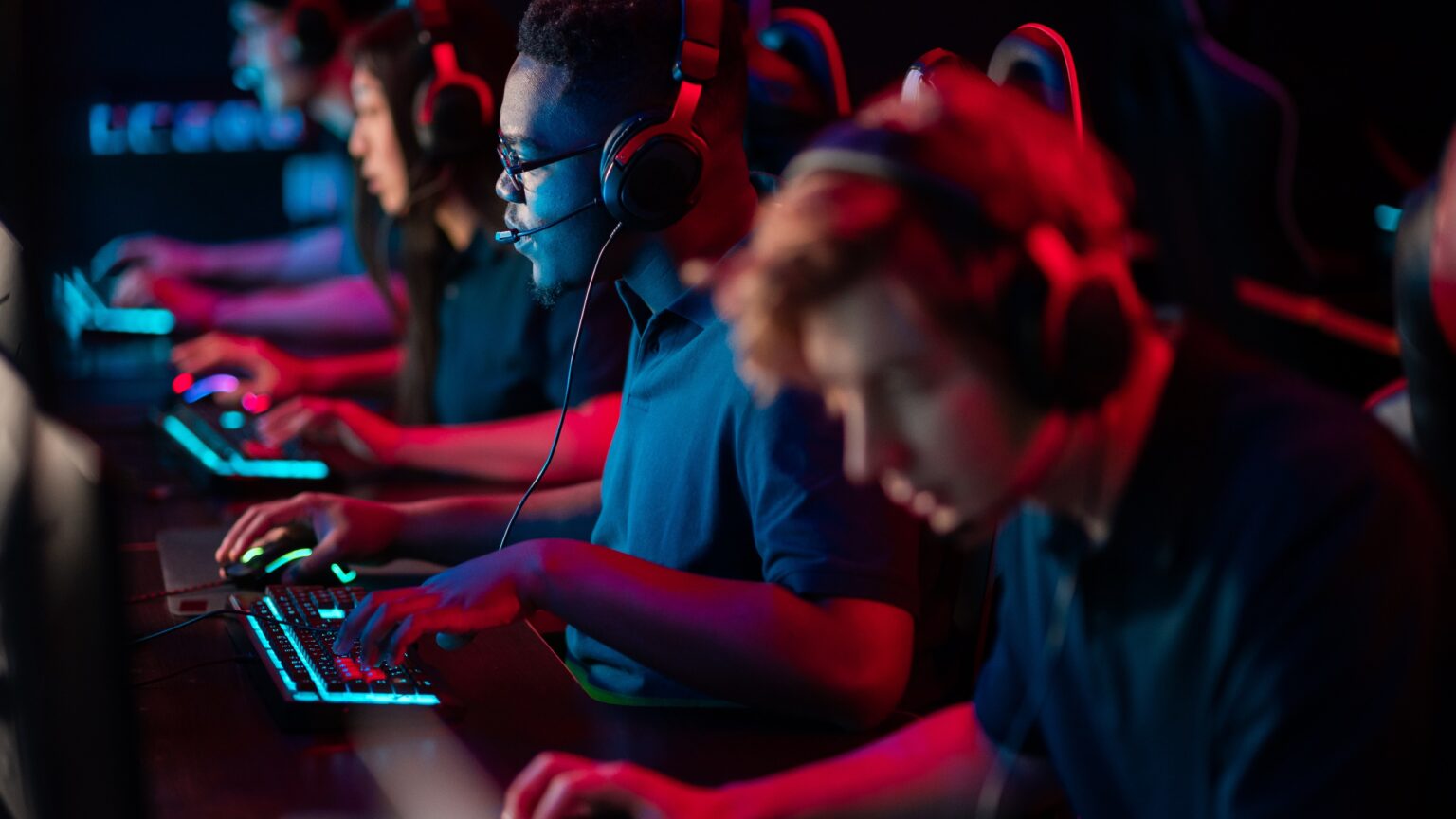The International eSports Federation (IESF) is facing scrutiny over its recent decision regarding Russian players and their representation on the global stage.
Russian eSports players can now compete under their flag, the International eSports Federation (IESF) has decided, according to a recent New Strait Times report. This decision comes months after IESF initially suspended Russian players from competing under their country’s flag following Russia’s invasion of Ukraine in 2022.
According to the Russian eSports Federation, a recent meeting held on Aug. 28 saw members vote to reverse the April 2022 decision.
They're Back: Members of @iesf_official voted to reinstate Russia; their athletes can play under their flag, despite ongoing war with Ukraine.
Motions on LGBT and gender equality were presented and rejected at the same meetings, according to sources. https://t.co/0yflRCujht pic.twitter.com/iy6UeC5CZY
— The Esports Advocate (@TEAdvocated) August 29, 2023
The statement disclosed that 32 delegates voted to allow Russian representation, while 13 opposed it and 25 abstained. Interestingly, a separate proposal by Ukraine’s eSports Federation to suspend the Russian eSports Federation from the IESF was rejected. Dmitry Smith, President of the Russian eSports Federation, highlighted that eSports should be inclusive and free from discrimination based on nationality.
However, the IESF has yet to confirm these claims publicly.
Impact on the community
The Russian-Ukraine conflict led to significant repercussions in the eSports domain. Due to the invasion and subsequent sanctions, many organizations distanced themselves from Russian eSports entities. While prominent Ukrainian companies like WePlay cut ties with Russian partners, Western stakeholders primarily severed connections with firms with government affiliations or those expressing support for the war.
The Swedish eSports organization Ninjas in Pyjamas recently faced criticism for removing statements supporting Ukraine, presumably to favor its Chinese business affiliates.
MasterCard’s bold move in esports
While geopolitical tensions influence eSports’ dynamics, the domain continues to attract significant investments. MasterCard, for instance, has chosen to double down on its commitment to eSports.
#Esports: Mastercard comes on board as global sponsor for #LeagueOfLegends in multi-year deal https://t.co/ImBXIHrP3q pic.twitter.com/vCEMdfSpHS
— Esports.net (@EsportsDotNet) September 20, 2018
As a global sponsor of “League of Legends” eSports for half a decade, the company has extended its sponsorship to “Valorant,” a popular eSports title from Riot Games. Although the financials remain undisclosed, past partnerships have cost brands anywhere from $17 million to $144 million for multi-year agreements. MasterCard’s reinforced investment speaks volumes about its confidence in the future of competitive gaming, often dubbed the “future of sport.”
eSports popularity is on the rise
The realm of eSports is undergoing a phenomenal rise, especially among the younger generation. A recent report from the Michigan High School eSports League pointed out the involvement of approximately 1,400 students across 400 teams last spring. This surge isn’t limited to Michigan; it’s a nationwide phenomenon.
Intriguingly, 45% of students who delve into eSports have never participated in any extracurricular activity, indicating a paradigm shift in how sports and recreation are perceived.
eSports offer more than just recreational value. With growing audiences, it paves the way for lucrative careers and substantial monetary prospects. The exponential growth and increasing mainstream acceptance of eSports underscore their potential to redefine traditional sports narratives.
The world of eSports continues to evolve, impacted by geopolitical tensions and driven by investments and growing popularity.
As Russian eSports athletes look forward to representing their nation, companies like MasterCard are banking on the future of eSports.
Amidst these developments, the younger generation steadily redefines sports, blending technology with tradition.
Whether influenced by international politics or powered by investments, eSports’ trajectory is unmistakably upward.









 and then
and then